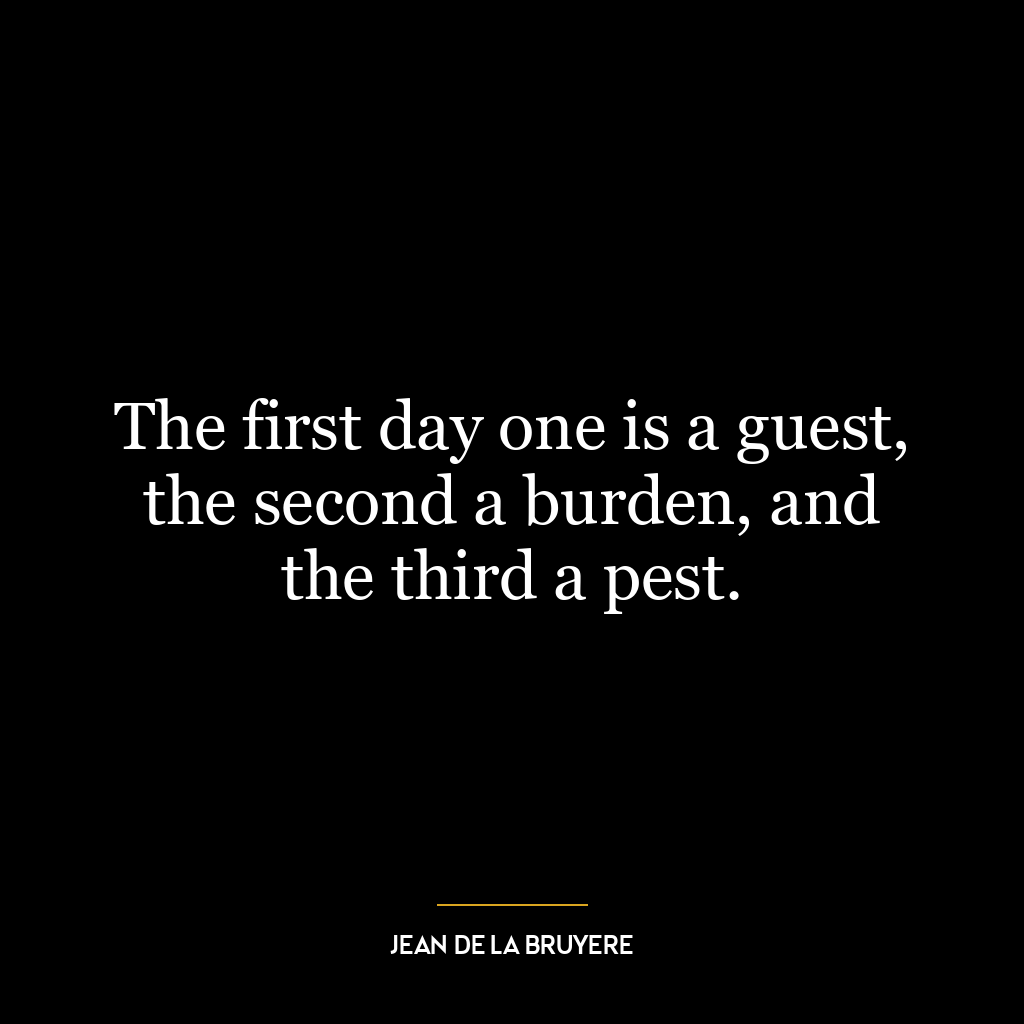You must not pay a person a compliment, and then straightway follow it with a criticism.
This quote emphasizes the importance of sincerity and tactfulness in our interactions with others. It suggests that when we compliment someone, it should be a genuine expression of admiration, not a prelude to criticism or negative feedback. Following a compliment immediately with criticism can come across as insincere or manipulative, as if the compliment was only given to soften the blow of the subsequent criticism. This can lead to confusion, hurt feelings, and can undermine trust in the relationship.
Moreover, this quote highlights the concept of ‘sandwiching’, a common method of delivering feedback where criticism is ‘sandwiched’ between two compliments. While this method is often suggested as a way to soften the blow of criticism, it can also be seen as disingenuous and may even dilute the impact of the compliment and the constructive nature of the criticism.
In today’s world, this quote is particularly relevant in both personal and professional relationships. In a professional context, for instance, managers should consider the impact of their feedback on their employees. Complimenting an employee only to immediately follow up with criticism might lead to confusion and may even demotivate the employee. Instead, managers should aim to provide clear, constructive feedback that helps employees understand how they can improve.
In personal relationships, this quote reminds us to be sincere and considerate in our interactions. If we have criticism to offer, it should be delivered in a respectful and constructive manner, separate from our expressions of admiration or affection.
In terms of personal development, this quote encourages us to be more mindful of how we communicate with others. It invites us to consider the impact of our words and to strive for sincerity, respect, and clarity in our interactions. It also underscores the importance of constructive feedback – criticism that is offered with the intention of helping others improve, rather than simply pointing out their flaws.







